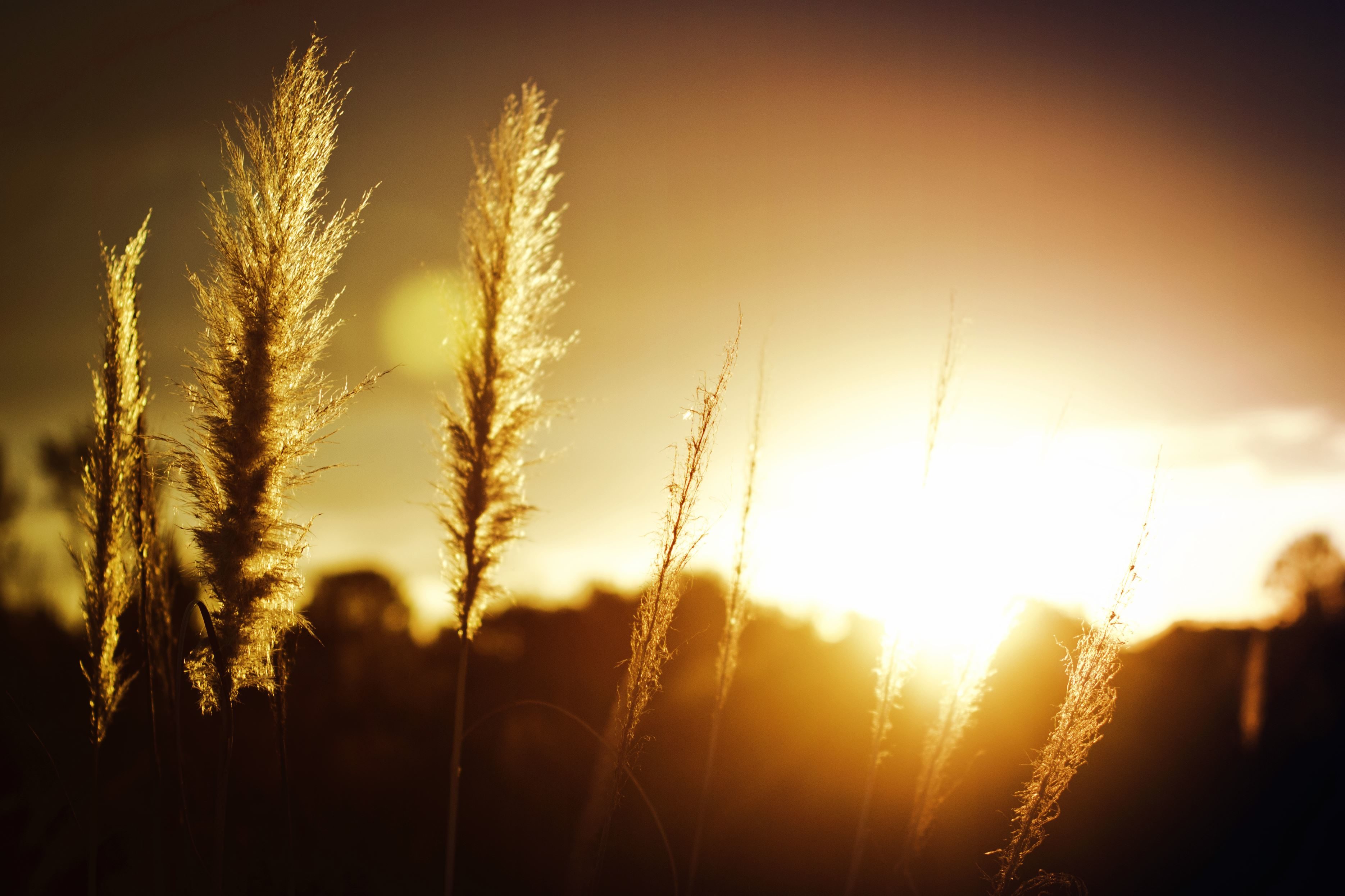Cascadian Farm Invests in Kernza® Perennial Grain With Promising Restorative Benefits for Farms
Published: March 7, 2017
Cascadian Farm, a pioneer in the organic food movement, and parent company General Mills today announced their work with The Land Institute (TLI) to help commercialize organic Kernza®, a perennial grain (intermediate wheatgrass) and wild relative of annual wheat, whose deep roots show promise to increase soil health, carbon sequestration, water retention and enhance surrounding wildlife habitat. The sweet- and nutty-tasting grain lends itself particularly well as an ingredient for cereal and snacks.
Cascadian Farm has agreed to purchase an initial amount of the perennial grain which allows TLI to arrange with farmers to plant on commercial-scale fields versus the test sized plots currently being grown.
“From our earliest days, Cascadian Farm has had a deep commitment to creating a positive relationship between food and the land where it is grown,” said Carla Vernón, Vice President of Cascadian Farm. “Now, 45 years since our inception, we are excited to incorporate the perennial grain Kernza® into our foods and our organic farming. We believe in the potential of this grain to make a positive ecological impact. And, this helps us live up to the expectation that our consumers have for Cascadian Farm and continue to be a pioneer in organic farming and land stewardship.”
In addition, General Mills approved a $500,000 charitable contribution to the Forever Green Initiative at the University of Minnesota in partnership with The Land Institute, to support advanced research to measure the potential of Kernza to significantly reduce greenhouse gas emissions associated with food production, determine best management practices for sustainable production, and increase Kernza yields through breeding.
Since 2014, General Mills has worked alongside The Land Institute and University of Minnesota’s College of Food, Agricultural & Natural Resource Sciences to research the viability of Kernza intermediate wheatgrass as an earth-friendly, more sustainable grain. Kernza is unique in that its roots grow more than twice as deep (upwards of 10 feet) and are greater in density than current annual wheat roots. As a perennial, farmers who produce Kernza don’t need to till and replant the crop every year, minimizing disruption to the soil. Early research shows Kernza’s long roots may help preserve soil, enhance soil health, and reduce nitrogen movement into ground and surface waters.

